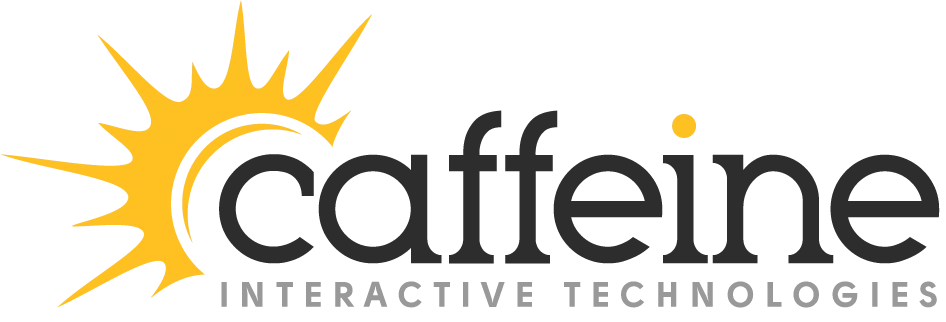Almost every technology firm in existence calls themselves a “partner.” The word is so overused it’s become a buzzword, making it nearly impossible for a business leader to know who is genuinely invested in their success and who is just using a sales pitch.
So how do you tell the difference? The good news is, you don’t need a deeply technical background to spot a great partner. You just have to listen.
The language a firm uses—in meetings, in proposals, in emails—reveals their entire philosophy. This guide will give you a framework for what to listen for, broken down into four core tenets.
Tenet 1: Holistic Ecosystem Thinking
A vendor is often hired to perform an isolated task, and they do just that. A partner, however, understands that no technology project exists on an island. They refuse to build a solution that is disconnected from the realities of your business, and instead work to understand the entire ecosystem: your brand, marketing strategy, back-office flows, customer interactions, and fulfillment processes. This reflects a true “product-first philosophy” , where they embrace your business vision as their own.
- You hear a VENDOR say: “Okay, the specification document is approved and locked in. We will now begin development.”
- You hear a PARTNER say: “Before we talk features, can you walk me through your customer acquisition funnel?” or “How will this new system need to interact with your current inventory management? Let’s map out the entire workflow.”
Tenet 2: A Focus on Business Outcomes
A vendor often considers their job complete once the product is developed as specified, regardless of whether it truly integrates with the organization’s overall goals. A partner knows that the code is just a tool to achieve a larger business goal. Their success is measured not by technical outputs, but by business outcomes. They consistently tie every technical decision back to your strategic goals, whether that’s to improve efficiency, increase user engagement, or, ultimately, to “Captivate users and capture revenue”.
- You hear a VENDOR say: “The feature list is complete, so we’re done with the project.”
- You hear a PARTNER say: “Now that we’ve launched this feature, let’s track the impact on user retention.” or “We could build that, but have we considered if it will truly help us reach our Q3 goal of higher engagement with our customers through our new app?”
Tenet 3: Flexible, Adaptive Engagement
Many business leaders fear that “partnership” is code for an expensive, inescapable contract. For a true partner, the opposite is true. Because they are confident in the value they deliver, they don’t need to force a commitment. They offer a “flexible engagement model” that can adapt to your needs. This might be a multi-year project , or it might be targeted “Staff Augmentation” to help your team through “a key spike” in workload.
- You hear a VENDOR say: “Our minimum commitment is a 12-month retainer, no exceptions.”
- You hear a PARTNER say: “Let’s start where it provides the most immediate value and scale our engagement as your needs evolve.” or “We can structure this relationship in a way that works best for you, whether that’s project-based or augmenting your existing team.”
Tenet 4: Empowerment Through Ethical Offboarding
This may be the most telling tenet of all. A partner is always thinking about how to give you the maximum flexibility, advocating for your best interests, not their own. This commitment to “Operational Transparency” means they build your solution using industry-standard technology and provide clear documentation. A vendor might be evasive on the topic, but a partner proactively ensures you are future-proofed and never trapped.
- You hear a VENDOR say (when asked about future flexibility): “We use a variety of best-in-class tools to build our solutions.” (A vague, non-committal answer).
- You hear a PARTNER say: “We use well-supported, standard technologies for this very reason—so you have the flexibility to bring this in-house or work with another firm in the future.” or “Full documentation and knowledge transfer are a standard part of our project closeout process. We want you to be fully empowered.”
The Philosophy is in the Phrasing
The next time you’re vetting a technology firm, listen closely. Are they speaking the language of tasks and limitations, or the language of solutions and empowerment? The words they choose will tell you everything you need to know about whether you’re hiring a simple vendor or finding a partner who will be “genuinely invested in their success”.
